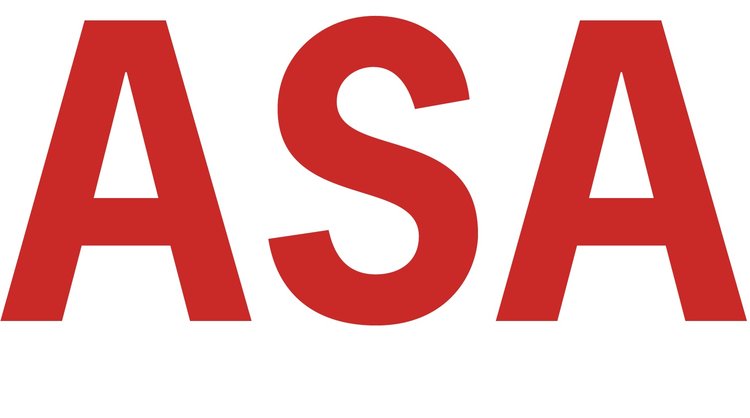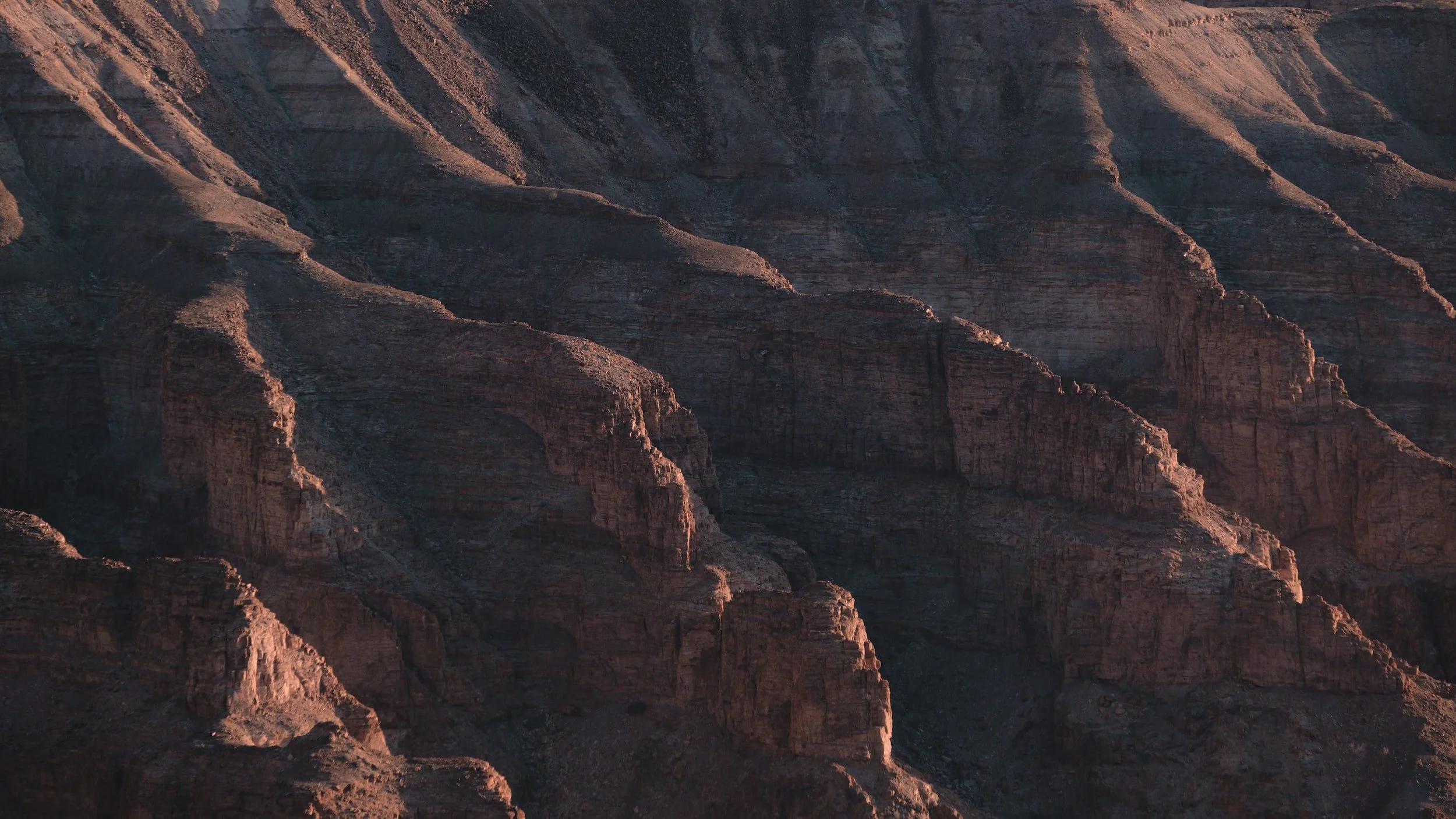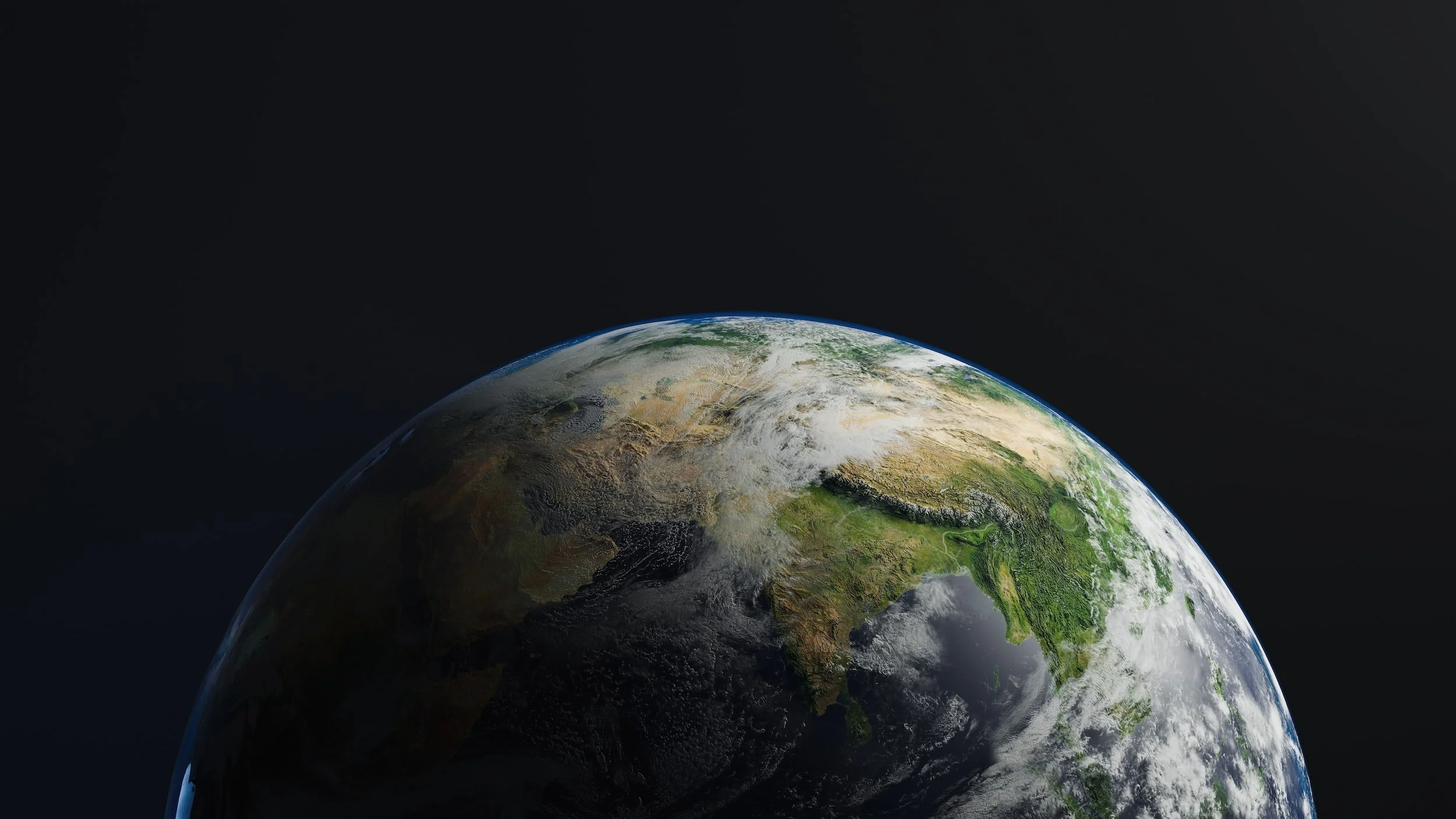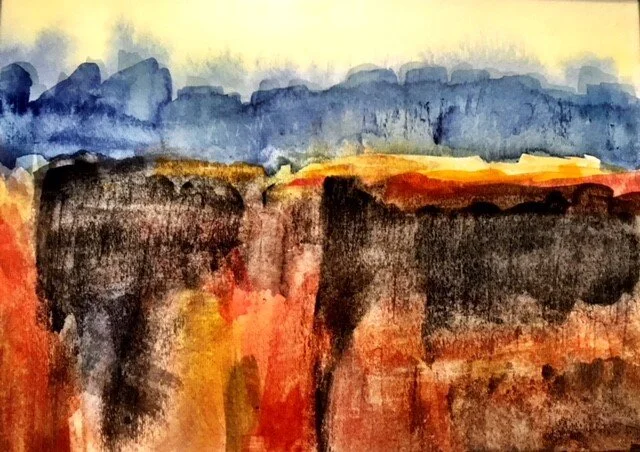Those words came from esteemed novelist Doris Lessing some years ago, when speaking of the value of public libraries and their role in creating an informed citizenry. I’m from a small town, where the public library was one rather small room, part of a combination City Hall and fire station. Its librarian, Edith Thiele, offered me my first job when I was in second or third grade -- on Saturday afternoons, I was paid a quarter to reshelve books. (This was an informal arrangement that Ms. Thiele could cover out of her book fines fund.) The job was about a lot more than reshelving books: I learned about the organization and alphabetization of books in categories, and I handled books for children, youth, and adults. A side benefit of the job was that I could take home as many books as I wished each week – which led to the kind of independent thinking that Doris Lessing was talking about. Though I gave up that job after several years, my affinity for reading and libraries has its roots there.
Read MoreI examined the factors that should go into making responsible decisions around risky ventures in our current environment in my column last month and concluded:
“The general shape of risk has not changed that much in the past 15 years, but every time is new. There is no shortcut or quick fix to making consequential decisions at the right time. The elements that go into risk management are unchanging: careful, patient, and meticulous thinking.”
I talked about the failure of Silicon Valley Bank and how the easing of Dodd Frank regulations on bank size and annual stress testing meant the regulators failed to act on the size of the risk they were observing.
Read MoreThe Federal Deposit Insurance Company (FDIC) announced last Friday morning that it had seized and shut down Silicon Valley Bank (SVB) after many customers pulled their assets out when news traveled about the bank’s shaky condition. For those of us who were executives or senior managers at Washington Mutual in 2008, this felt like déjà vu – we had been part of the largest U.S. bank failure in history. Some of us had worked subsequently on banking and finance regulation that was designed to ensure that such bank failures would not take place again.
Read MoreIt is hard to know where to begin, after such a seemingly endless stream of weather-related disasters and, most recently, the earthquakes in Turkey and Syria. Only yesterday did the earthquake search and rescue efforts there begin to move to the next stage of recovery. There are fingers pointed already at the quality of the Turkish emergency response and at the poor construction of many of the structures that collapsed.
Read More“It is always wise to look ahead, but difficult to look further than you can see.” --Winston Churchill
The House of Representatives chamber at the U.S. Capitol has been home to two very different dramatic events this past month. On December 21, President Volodymyr Zelensky of Ukraine addressed a joint session of Congress, exhorting its members to continue to support Ukraine…
Read MoreAs we close the autumn academic quarter at the University of Washington, I am grading final papers for the enterprise risk management course I have just taught, and at the same time preparing my winter quarter cybersecurity course materials, to begin again on January 3. The winter solstice occurs the day after we turn in grades, and signals both the beginning of winter and the earth’s turn back toward the light.
Read MoreWhat a week it has been! At the top of the charts would be Elon Musk’s acquisition of Twitter, and his subsequent dismantling of special teams that oversaw content management, ethics, privacy, as well as employment law protections. Though Musk is considered brilliant at developing startup companies like Space X and Tesla, this time he had purchased and made private a publicly traded company with 7,500 employees.
Read MoreThis week, we’re looking at pandemic risk in my Enterprise Risk Management course. Students worked in their small groups on Monday to describe two or three impacts that COVID has had on their health, their studies, their outlook, and their finances. I’ve excerpted some of the responses below.
Read MoreIt’s hard to look away from natural disasters – we wonder why, after so many years of studying them, their impact has not lessened, and their restoration time has not shortened.
Read MoreWe are enjoying the last weeks of summer, interspersed with climate change indicators that bring fires, floods, excessive heat, and even an earthquake or two. As I write this on September 11, I am mindful that there are thousands more victims than the 2,996 who died that morning in 2001 who have died unexpectedly while simply going about their business.
Read More









